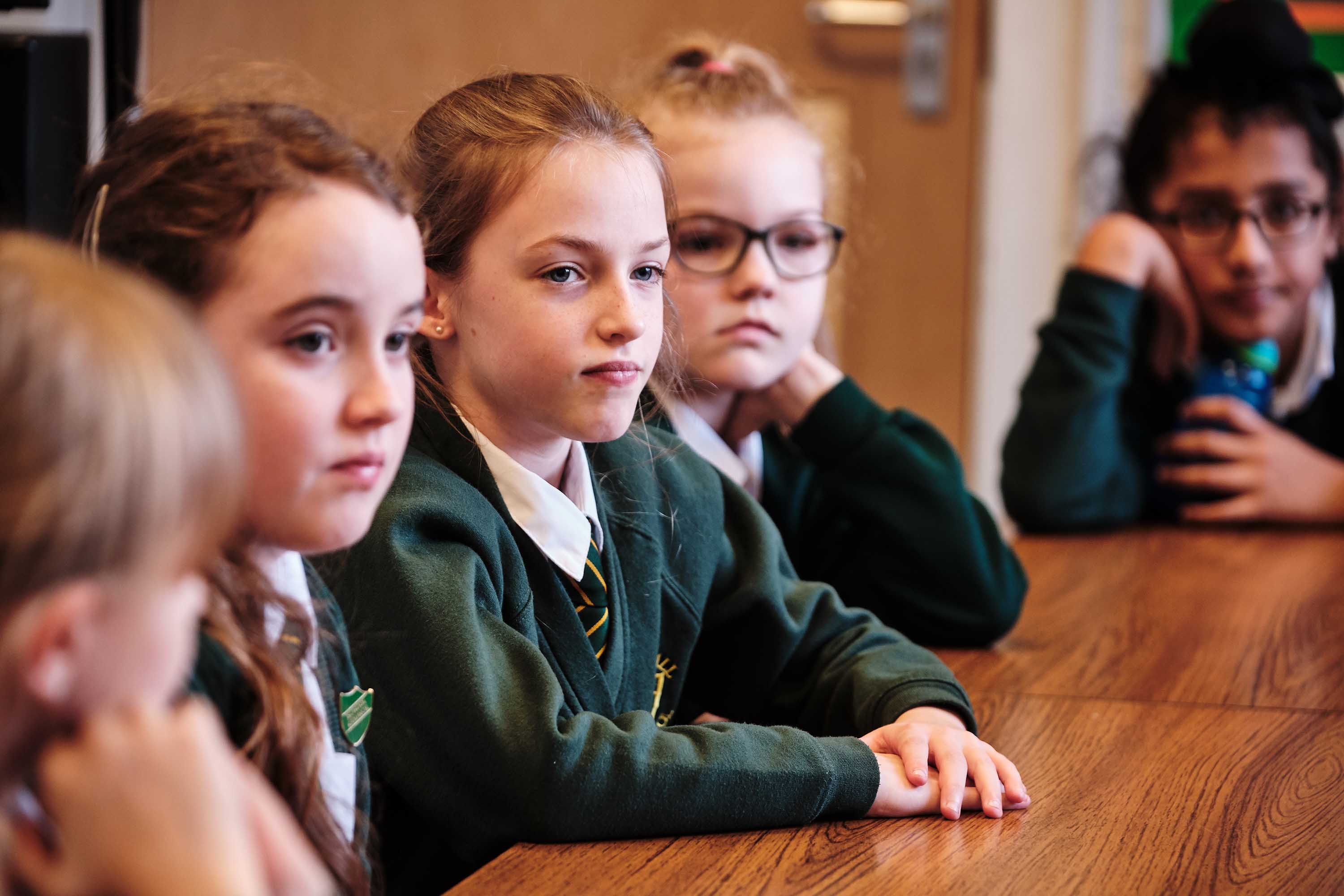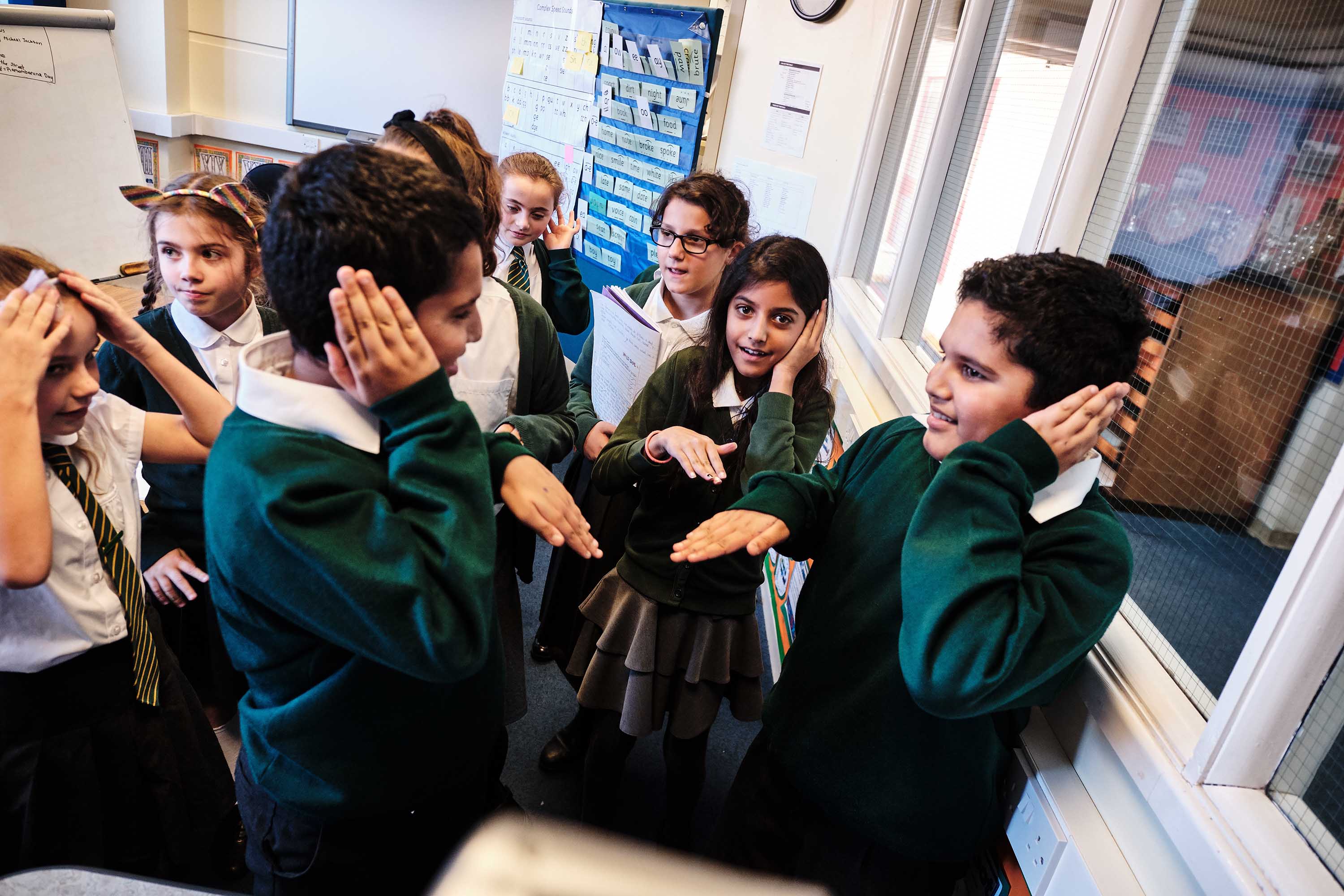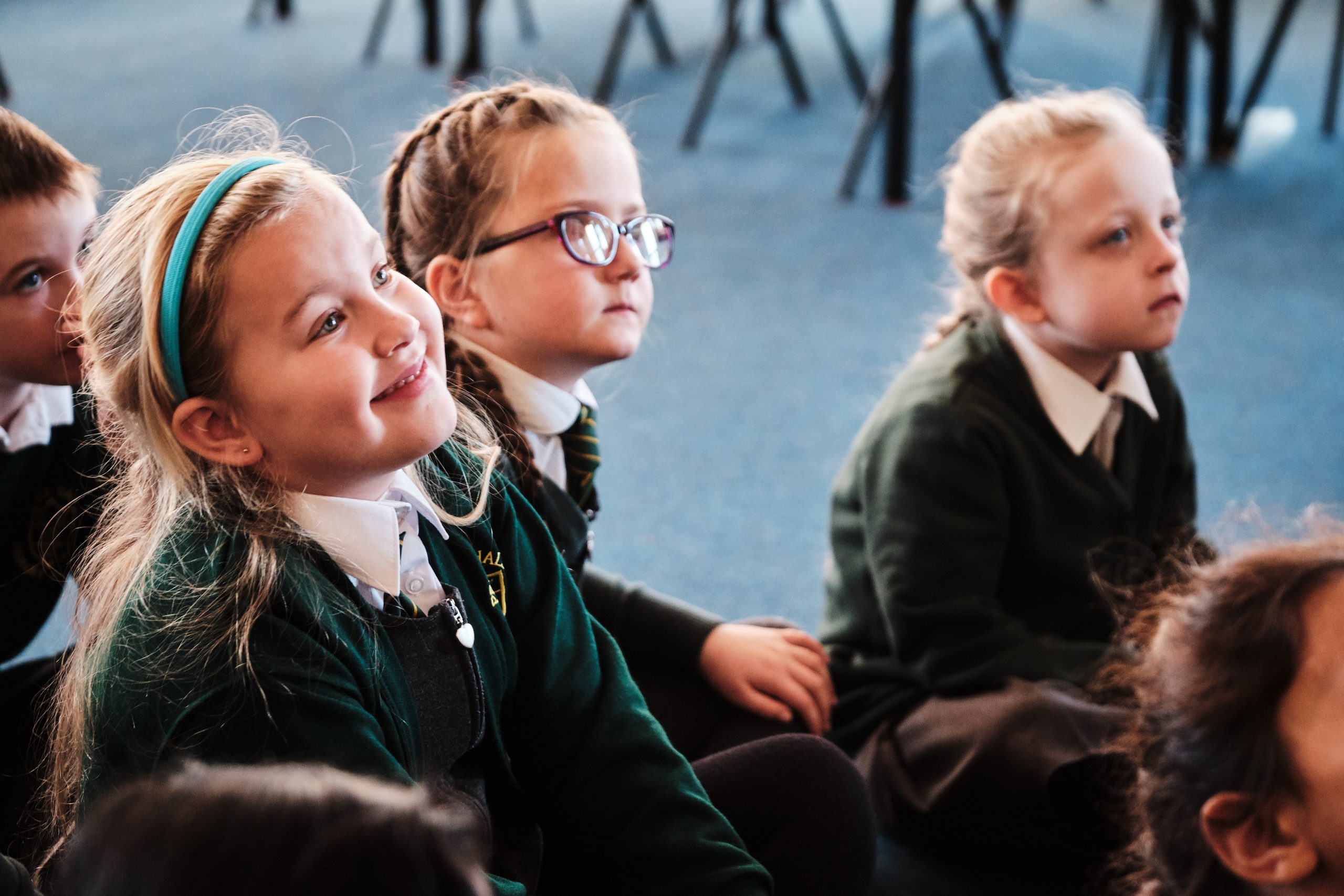PHYSICAL EDUCATION
Subject Leader – MISS BALL AND mR bONEHAM
Physical Education at Perry Hall
PE at Perry Hall strives to deliver the national curriculum for PE through a broad, balanced and progressive curriculum. Staff follow PE Passport in their delivery of the PE curriculum, adapting plans to meet the needs of individuals and groups. We utilise formative assessment strategies throughout our lessons to adapt the learning to the needs of the pupils. We are committed to developing children across different domains – physically, cognitively, socially, and emotionally. Each year, children have the opportunity to learn skills and knowledge from a breadth of sports and disciplines and then apply these to performances or competitive sports. Through our PE curriculum, children experience both traditional and ‘new’ sports. Children in Key Stage 2 are also provided with the opportunity to attend swimming lessons for a term from Year 4 to Year 6.
We offer a wide range of extra-curricular sports activities across school to provide pupils with further opportunities to keep active whilst learning and applying new skills. Perry Hall is also proud of the wide range of competitions and sports festivals we take part in across the city and wider area.
By the time our children leave us, our aim is for them to have the tools needed to lead a healthy lifestyle. We want our children to be active in a world where everything is easily accessed ‘on demand’. After exposing them to a broad range of sports and disciplines, we hope that they will have found one which they enjoy and can use as a wellbeing outlet or continue to develop their skills in.
Click here for more information about Sports Premium funding.



WHY IS PHYSICAL EDUCATION IMPORTANT TO OUR CHILDREN?
Year 2 Child
We learn how to play sports and work as a team and help other people.
Year 6 Child
We learn how to stay fit and how to improve across lots of different sports.
Our subject leader
Click here for our subject leader biography.
PHYSICAL EDUCATION in EYFS
This document demonstrates which statements from the 2021 Birth to 5 Matters are prerequisite skills for PE within the national curriculum. The table below outlines the most relevant statements taken from the Early Learning Goals in the EYFS statutory framework and the Birth to 5 Matters age ranges for Three and Four-Year-Olds and Reception to match the programme of study for history.
The most relevant statements for PE are taken from the following area of learning: Physical Development
Twos provision
- Lift their head while lying on their front.
- Push their chest up with straight arms.
- Roll over: from front to back, then back to front.
- Enjoy moving when outdoors and inside.
- Sit without support.
- Begin to crawl in different ways and directions.
- Pull themselves upright and bouncing in preparation for walking.
- Reach out for objects as co-ordination develops.
- Pass things from one hand to the other.
- Let go of things and hand them to another person, or drop them.
- Gradually gain control of their whole body through continual practice of large movements, such as waving, kicking, rolling, crawling and walking.
- Clap and stamp to music.
- Fit themselves into spaces, like tunnels, dens and large boxes, and move around in them.
- Enjoy starting to kick, throw and catch balls.
- Build independently with a range of appropriate resources.
- Begin to walk independently – choosing appropriate props to support at first.
- Walk, run, jump and climb – and start to use the stairs independently.
- Spin, roll and independently use ropes and swings (for example, tyre swings).
- Sit on a push-along wheeled toy, use a scooter or ride a tricycle.
- Use large and small motor skills to do things independently, for example manage buttons and zips, and pour drinks.
- Show an increasing desire to be independent, such as wanting to feed themselves and dress or undress.
- Start eating independently and learning how to use a knife and fork.
- Develop manipulation and control.
- Explore different materials and tools
Nursery
- Continue to develop their movement, balancing, riding (scooters, trikes and bikes) and ball skills.
- Go up steps and stairs, or climb up apparatus, using alternate feet.
- Skip, hop, stand on one leg and hold a pose for a game like musical statues.
- Use large-muscle movements to wave flags and streamers, paint and make marks.
- Start taking part in some group activities which they make up for themselves, or in teams.
- Increasingly be able to use and remember sequences and patterns of movements which are related to music and rhythm.
- Match their developing physical skills to tasks and activities in the setting. For example, they decide whether to crawl, walk or run across a plank, depending on its length and width.
- Choose the right resources to carry out their own plan. For example, choosing a spade to enlarge a small hole they dug with a trowel.
- Collaborate with others to manage large items, such as moving a long plank safely, carrying large hollow blocks.
- Use one-handed tools and equipment, for example, making snips in paper with scissors.
- Use a comfortable grip with good control when holding pens and pencils.
- Show a preference for a dominant hand.
- Be increasingly independent as they get dressed and undressed, for example, putting coats on and doing up zips.
- Use one-handed tools and equipment, for example, making snips in paper with scissors.
- Use a comfortable grip with good control when holding pens and pencils.
- Show a preference for a dominant hand.
- Be increasingly independent as they get dressed and undressed, for example, putting coats on and doing up zips.
Reception
- Revise and refine the fundamental movement skills they have already acquired: – rolling – crawling – walking – jumping – running – hopping – skipping – climbing
- Progress towards a more fluent style of moving, with developing control and grace.
- Develop the overall body strength, co-ordination, balance and agility needed to engage successfully with future physical education sessions and other physical disciplines including dance, gymnastics, sport and swimming.
- Develop their small motor skills so that they can use a range of tools competently, safely and confidently. Suggested tools: pencils for drawing and writing, paintbrushes, scissors, knives, forks and spoons.
- Use their core muscle strength to achieve a good posture when sitting at a table or sitting on the floor.
- Combine different movements with ease and fluency.
- Confidently and safely use a range of large and small apparatus indoors and outside, alone and in a group.
- Develop overall body-strength, balance, co-ordination and agility.
- Further develop and refine a range of ball skills including: throwing, catching, kicking, passing, batting, and aiming.
- Develop confidence, competence, precision and accuracy when engaging in activities that involve a ball.
- Develop the foundations of a handwriting style which is fast, accurate and efficient.
- Further develop the skills they need to manage the school day successfully: – lining up and queuing – mealtimes
End of Reception Early Learning Goals (ELG)
Gross Motor Skills
- Negotiate space and obstacles safely, with consideration for themselves and others.
- Demonstrate strength, balance and coordination when playing.
- Move energetically, such as running, jumping, dancing, hopping, skipping and climbing.
Fine Motor Skills
- Hold a pencil effectively in preparation for fluent writing – using the tripod grip in almost all cases.
- Use a range of small tools, including scissors, paintbrushes and cutlery.
- Begin to show accuracy and care when drawing.
Cultural Capital opportunities in PHYSICAL EDUCATION
EYFS
-
PE focus events e.g. Sports Day, Football Euro’s/World Cup, Olympics, Commonwealth Games
-
Use of the outdoor provision daily
Key Stage 1
-
Varied genres of music studied through scheme (Charanga)
-
Christmas performance
-
Music school supplementing curriculum – vocal coach and instrument teachers
Key Stage 2
-
PE focus events e.g. Sports Day, Football Euro’s/World Cup, Olympics, Commonwealth Games
-
Weekly Mile
-
Swimming lessons at the local swimming facilities by a specialist teacher
-
WOW – Walk to School tracker to encourage healthy travelling habits
-
Active Maths/English lessons
-
Developing leadership skills
-
Involvement in local WASPS festivals
-
Extra-curricular clubs
- KS2 residential (Y6) offered including a range of OAA and orienteering activities
